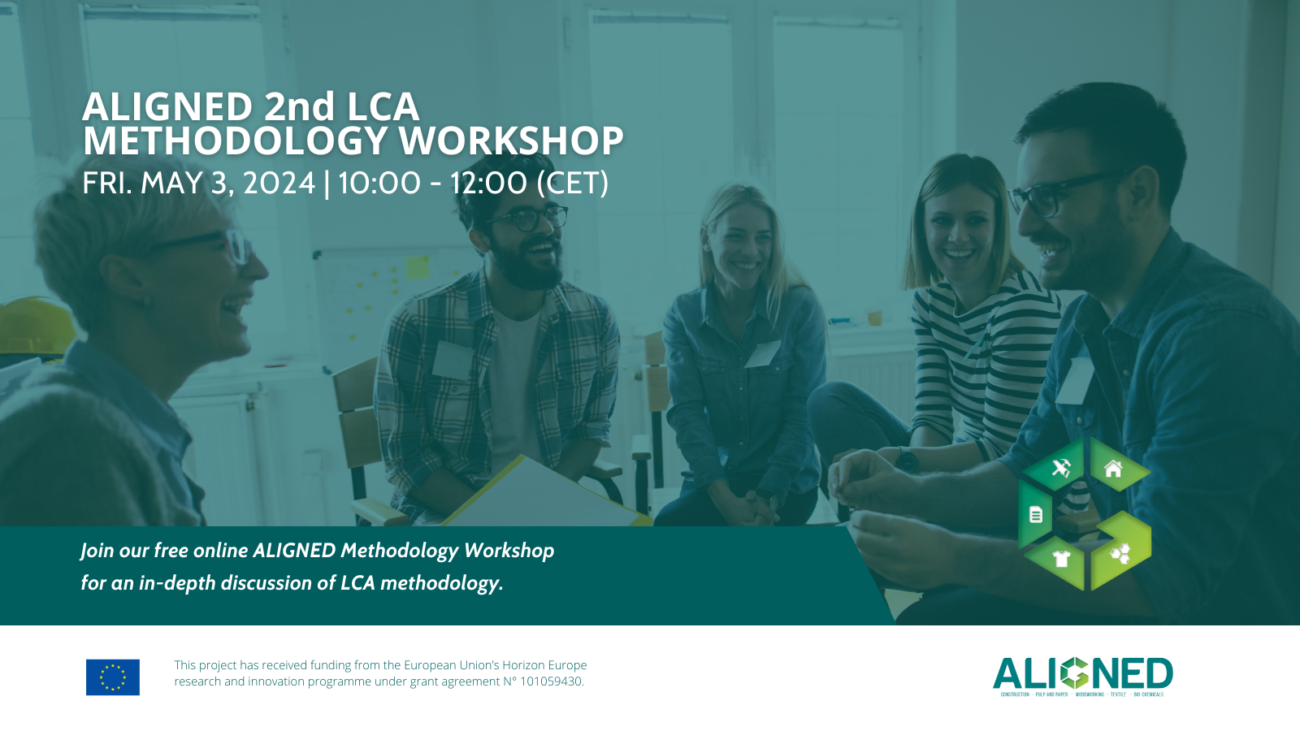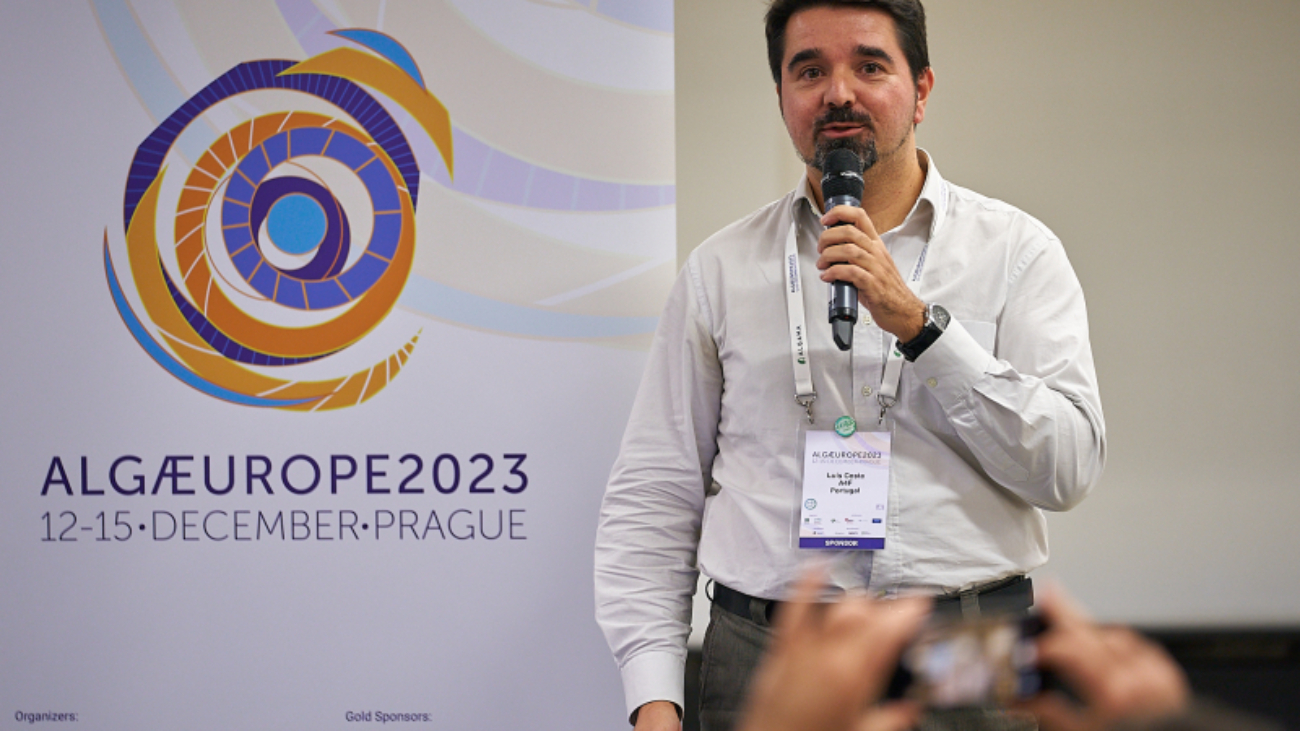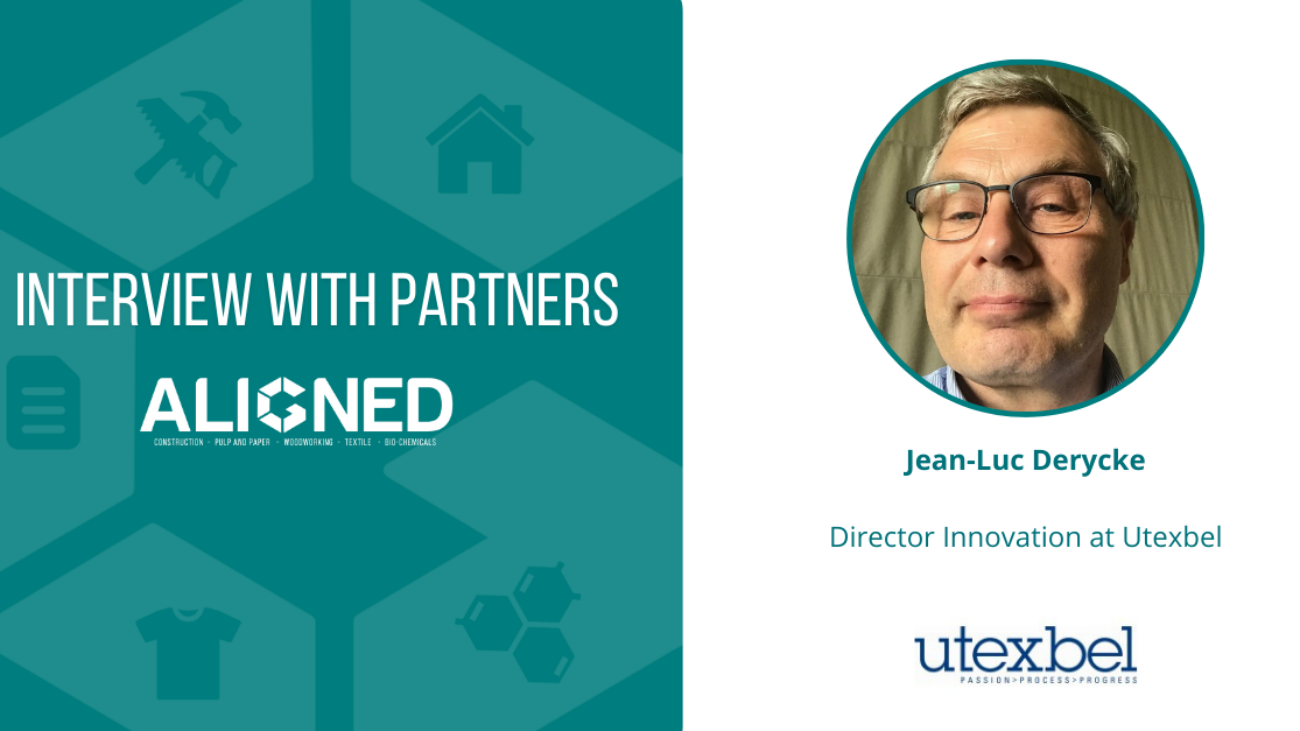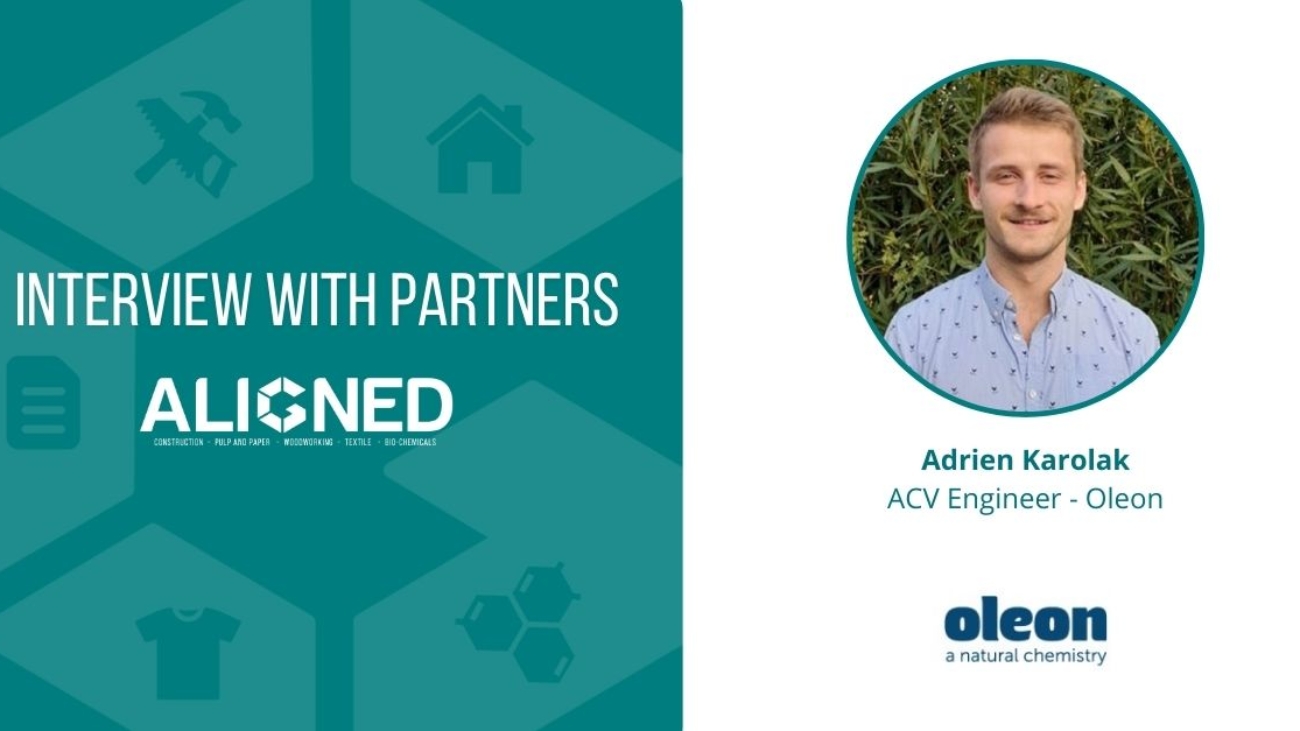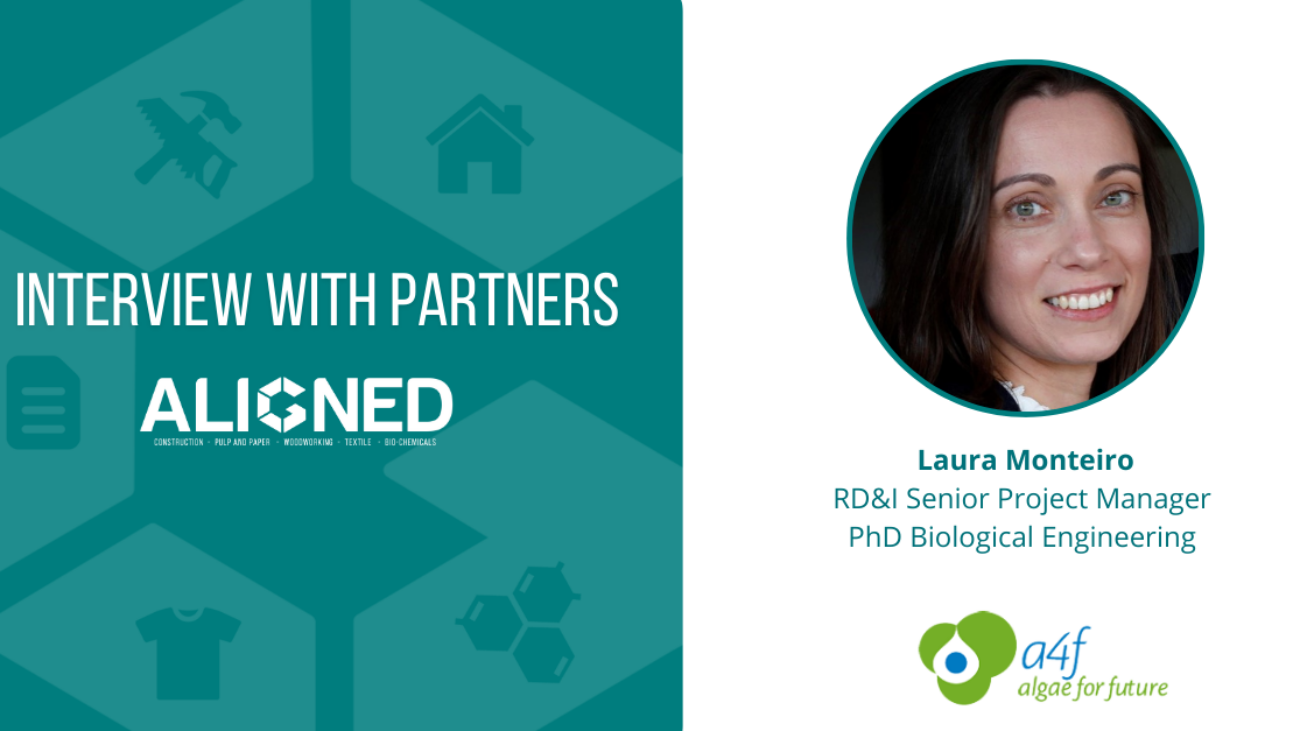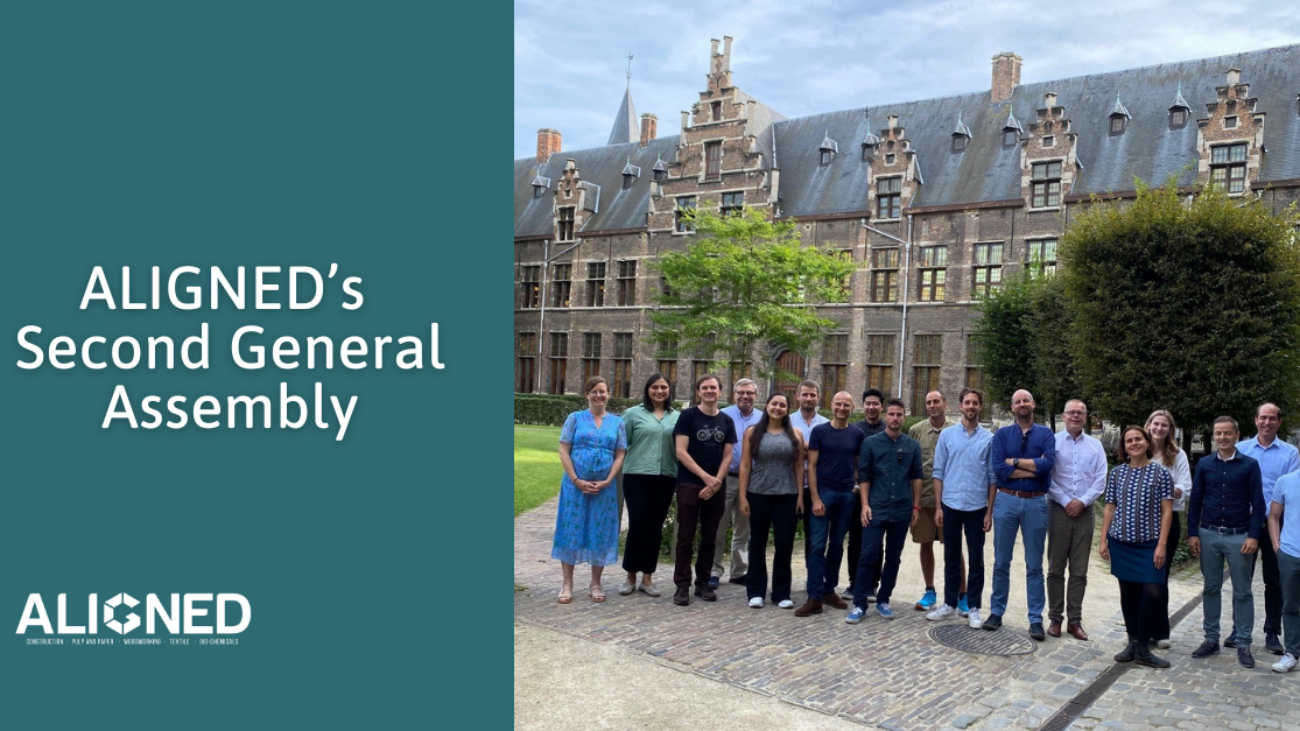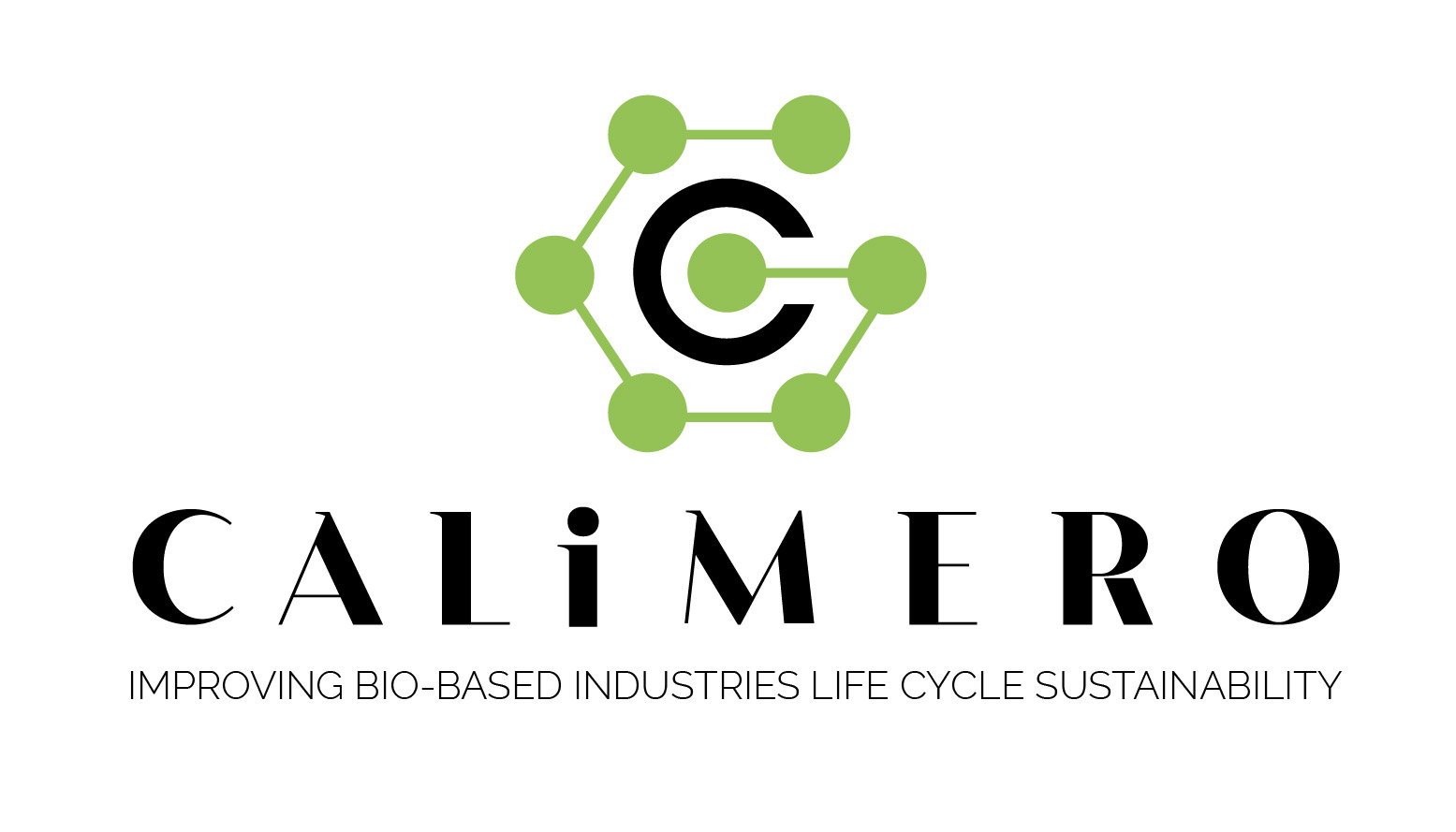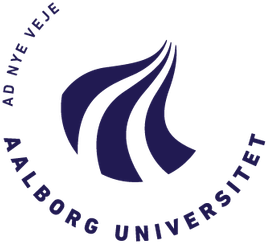Marisa Groenestege is a consultant at BTG Biomass Technology Group, one of the ALIGNED project consortium members and the Lead of the action about the improvement of bio-based industry in the textiles sector. Alongside its colleague Patrick Reumerman, she ensures the consultations and workshops development, as well the gathering of information about the different bio-based sectors.
What is the main role of BTG in ALIGNED?
(BTG) is a high-tech company, employing a team of skilled bioeconomy and bioenergy consultants, researchers, technology, and business developers. Our firm has three decades of experience operating in the bioeconomy, developing, and promoting technology and processes to produce bioenergy, biofuels, and bio-based products, combining academic intelligence with practical field experience. Within the ALIGNED project, BTG is involved in all WPs and leads the specifical improvement of bio-based industry in the textiles sector. In those first months, we are carrying out different consultations and workshops, as well the gathering information about the Construction, Woodworking and Textiles sectors.
What are your expectations from the ALIGNED project?
Bio-based products hold the promise of being far more environmentally friendly, sustainable, and circular than their fossil alternatives. It is very important to make sure that these bio-based products are promoted and developed and that their environmental benefits are advertised.
Our goal is to improve the environmental sustainability of bio-based industries, specifically in the construction, woodworking, textiles, pulp and paper and biochemicals sectors. We do this by making it easier to prove a product’s sustainability, by aligning and simplifying LCA methodology.
To better understand the environmental sustainability within these sectors, we are gathering the opinions of people working in these sectors about the most important environmental issues and the assessment methods.
Can you talk a bit more about the Consultation Rounds you are coordinating for the stakeholders’ engagement?
To make sure that our work and our methods are accepted and used in practice, it is vital that we engage with stakeholders, so that we address the actual problems they have.
We are currently having online consultations, one for each of the 5 sectors. These consultations are in the form of an online survey, which is mostly multiple-choice and takes about 5 to 10 minutes to fill in. We recently held the consultations for construction, woodworking, and textiles sectors, are currently holding the consultation for the pulp and paper sector and we will be publishing the biochemicals consultation soon as well. All people from these sectors are encouraged to fill in the survey and help us shape the ALIGNED project!
What are your first findings in those activities? Is there any need that you find in common in these different sectors?
We found that many people have difficulties with environmental assessments. Not only are there many different standards and systems with different outcomes, but the methodologies are also often time-consuming, costly, and difficult to access and understand. Exactly what the ALIGNED project aims to improve!
What do you think will be the main outcomes of the next Consultation Rounds?
We want to gather as much information and opinions about environmental sustainability in the sectors as possible. We would like to know what environmental sustainability problems there are, how these can best be addressed, and how to make it easier to prove that. So please, fill out the survey, join our workshops and let your voice be heard!


